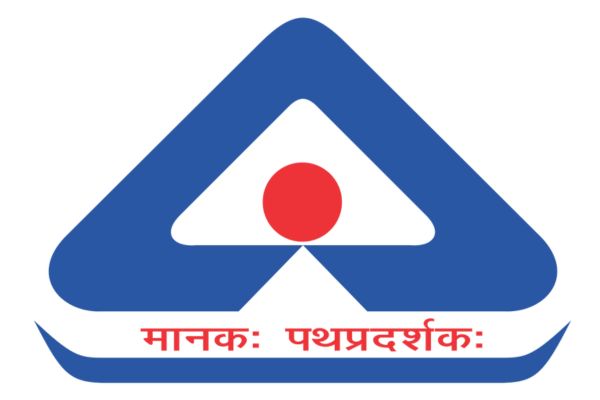The Open Connectivity Foundation (OCF) has announced that its Secure IP Device Framework (ISO/IEC 30118) has been adopted as a national standard in India. The standard, developed by a joint global collaborative effort, has been accredited by the Bureau of Indian Standards (BIS), demonstrating the commitment of the Indian government to enabling trust, interoperability, and secure communication in its rapidly growing smart home and smart city ecosystems.
“We are excited to announce the adoption of the OCF Framework as a national standard in India. We have completed this adoption process following rigorous consultation and analysis,” said Ankur Basal, OCF India Forum member and Convenor for the BIS-LITD27 Work Group. “This recognition from the Indian government reinforces the credibility and reliability of the standard to play a significant role in supporting India’s aspirations for a more digitally connected society to support the wider realization of the Smart City Mission program in India.”
Strengthening IoT interoperability through standardization
India is working to deliver over 100 smart cities across the country to solve challenges associated with rapid urbanization. Smart cities can solve wider societal challenges such as transport management, healthcare, and energy consumption by providing and utilizing more accurate and up to date information, allowing everyone from governments to consumers to make more informed use of resources.
The OCF standard is poised to help solve these problems in India, as it provides businesses the opportunity to develop IoT technology based on OCF standards, ensuring interoperability between devices designed for use in smart homes and smart buildings. The standard will also support nationally connected smart city infrastructure as it is interoperable with industry standards such as oneM2M and MQTT which are currently in use. The OCF has several pilot projects for smart traffic management, health care, green energy and smart lighting in progress.
“We are pleased that the OCF Framework has been selected as a national standard in India as governments across the globe continue to realize the need to develop open infrastructure supporting smart city and smart home development,” comments Brian Bishop, Chair of the OCF. “This announcement showcases the potential for smart device innovation to be driven at a regional level as the OCF standard allows SMEs to create products, providing local governments in India the opportunity to develop new supply chains.”
An opportunity for national growth
The ability to use the Secure IP Device Framework ensures that future Indian IoT products and solutions will be secure by design and fit for a global market. OCF has done the legwork to map the standard to key industry and government IoT security baselines around the world. This means Indian developers can compile their compliance to IoT security baselines, as they will have already aligned with security requirements from standards such as NIST 8529, CAC2 Conveners, ENISA IoTSec, UK IoT Requirements and ETSI IoT Baseline Requirements through OCF certification.
Open Connectively Foundation and its members are ensuring that the interoperability needed for the Internet of Things exists, in order to create seamless, amazing experiences for end users. The OCF Certification Program includes conformance testing to ensure robust and secure connectivity, and to help manufacturers create products that “just work” with other OCF Certified IoT devices regardless of their form factors, operating systems, service providers or transports. India’s adoption of the OCF standard ensures clear routes for manufacturers are in place to allow them to create flexible products at scale.
OCF is the global, member-driven technical standards development organization working to enable trust, interoperability, and secure communication between IP-connected IoT devices and services.
















